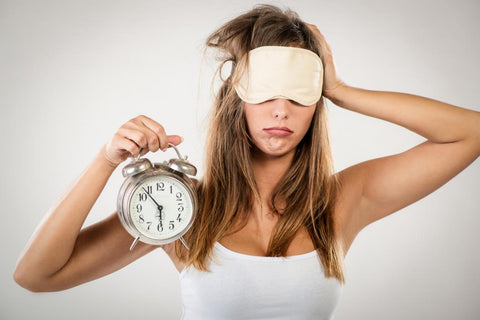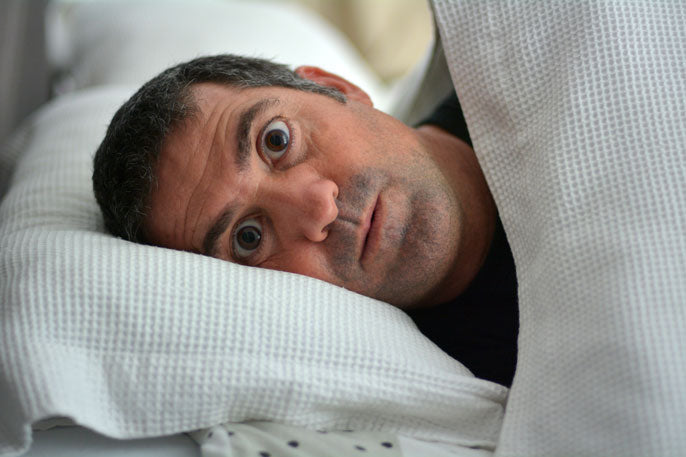We don’t get nearly enough sleep. Work, life, kids, Netflix all manage to eat up time until it is suddenly an hour past when our iPhone says we should be in bed. While we might be able to function in our day-to-day life being sleep-deprived, it catches up. An extra cup of coffee in the afternoon, skin dull enough to have people asking if we’re feeling ok, brain fog, we have all been there.

If there’s one theme that came out of the pandemic it’s that your health matters, be it mental or physical, and while most of that conversation has centred around work/life balance, we would like to talk about alcohol.
The primer from this came from a personal health study conducted inside one of the major brewers, not for external use, but to guide the personal health of some of its employees. At the core of the study: if you’ve been drinking, your body is dealing with the alcohol before you get any benefits from sleep.
In real world terms, if you go to sleep with 4 units of alcohol in your system, you may fall asleep easier, but your liver will be working overtime for 4 hours to get rid of it. This significantly impacts your quality of sleep. Test it yourself if you have a watch with a heart rate monitor you’ll find it raised through the night after drinking! Here’s one set of results from the study.


The strange thing is, we were quite surprised learning this, only having heard the piece about falling asleep easier. Who knew? Well, apparently quite a lot of scientists.
Finnish researchers found in a 2018 study that alcohol had significant effects on sleep quality, regardless of whether consumption was light, moderate, or heavy. After analysing the sleep/alcohol habits of 4,098 adults between the ages of 18-65, they found that:
- Low alcohol intake reduced sleep quality by 9.3%
- Moderate alcohol intake (defined as two drinks per day for men and one for women) reduced sleep quality by 24%
- Heavy alcohol intake reduced sleep quality by nearly 40%

Also worth mentioning, people (definitely not you, I don’t snore either) may also snore more after they drink. Alcohol is a muscle relaxant and relaxes the muscles in your upper airways, disrupting normal breathing. This is also why alcohol is studied in relation to sleep apnoea.

So, how does lack of or low-quality sleep impact you? It might just be easier to say a lot but… lack of sleep is linked to an incredibly wide range of ailments, from heart disease and Type 2 diabetes to obesity, depression, poor cognitive function, and even Alzheimer’s disease.
The mechanisms behind all this are slowly being uncovered, and there’s a great article on Medium that covers quite a lot of recent research.
What can we do about it? Short of giving up entirely, moderation is your friend here. Switch to non-alc alternatives 3 to 4 hours before you plan on being in bed, drink water through the night… all strikingly similar to the normal advice for avoiding a hangover and rather easy to do.
Cheers and sleep well!

Some further reading:
Why Does Alcohol Mess with My Sleep? - Amelia Nierenberg, 2022
Alcohol, thyroid and immune system - Dr. Vedrana Högqvist Tabor, 2018
The Effects of Alcohol on Quality of Sleep - Soon-Yeob Park, 2015
Sleep, sleepiness, and alcohol use – Roehrs and Roth, 2001
🍻


